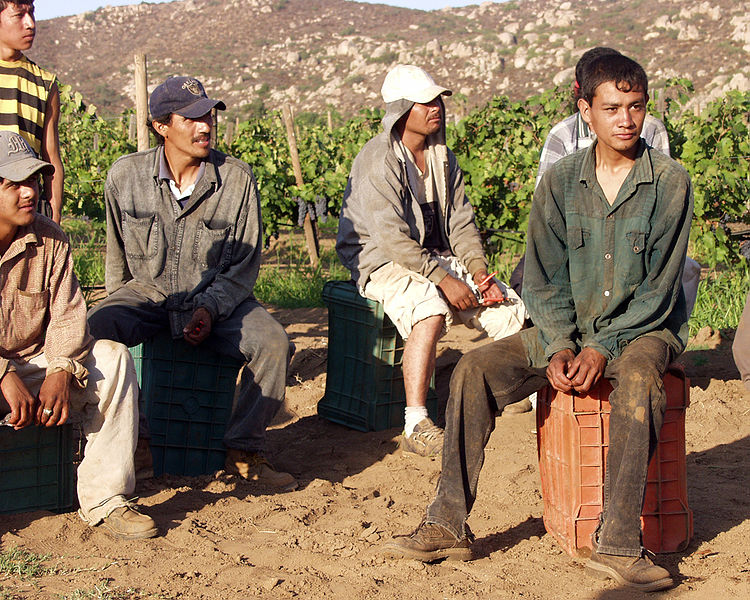
Robohub.org
The agricultural labor conundrum

Instead of worrying so much about robots taking away jobs, maybe we should worry more about wages being too low for robots to even get a chance. Seasonal labor for harvesting agricultural products, particularly fruits and vegetables, is dependent on human labor from a diminishing universe of willing workers.
Robots that can supplement or replace human workers in the harvesting process are being developed and tested in startups and academia, but almost all are not yet ready for prime time.

In a NY Times article written by Neil Irwin entitled Rethinking Low Productivity, productivity growth has been on a downward path since the Financial Crisis. Irwin, who writes about economic trends, asks whether the downward trend is the cause of low growth, or the result, a troubling question in the dynamics of the agriculture industry.
“Inventors and business innovators are always developing better ways to do things, but it takes a labor shortage and high wages to coax firms to deploy the investment it takes to actually put those innovations into widespread use.”
Those two phenomena are happening today in the U.S. agricultural industry. Labor rates are rising while willing laborers are diminishing — yet farmers are not yet investing in robotics. In fact, they are accommodating to the labor crisis by planting less and changing the crops they grow to be less labor intensive.
J.W. Mason, the author of a paper by the Roosevelt Institute cited as the basis for the thesis of Irwin’s article, says:
“If the labor market tightens and wages rise, that will be the impetus to get companies to consider more big-ticket innovations that generate productivity growth so that we don’t perpetuate the present conundrum in which both arguments cannot be true:
“On Mondays and Wednesdays, economists argue that wages are low because robots are taking people’s jobs.
On Tuesdays and Thursdays, it’s that we can’t have wages rise because productivity growth is low.”
This situation cannot continue without radical changes else we will become buyers of foreign fruits and vegetables paying prices set by foreign providers and dependent on them for availability and quality.
A number of factors are causing a reset in the ag industry in addition to the declining availability of farm workers: the challenges and complexities of employing and retaining farm labor; the rising cost of farm workers; changing farmlands; climate change; the growth of indoor farming; and the broader automation of the agriculture industry. All are propelling farmers to make changes in how they farm (or change downward the product mix they farm (which is often a path toward failure)). Market challenges for the sector include unclear value propositions, limited awareness of robotic systems among growers, insufficient robotic solutions, the difficulty of matching human-like dexterity with machines, fragmented technology development, and weak support.
Tractica, in their report on agricultural robotics, forecast an optimistic resolution to this temporary conundrum in the very near term and that that shipments of agricultural robots will increase significantly in the years ahead, rising from 32,000 units in 2016 to 594,000 units annually by 2024, by which time the market is expected to reach $74 billion in annual revenue. Certainly the time is ripe and, like Mason said, “Both arguments can’t be true.”
tags: agricultural robotics, cx-Industrial-Automation, cx-Politics-Law-Society, Environment-Agriculture, farming, human-robot interaction, opinion, Service Professional Field Robotics Agriculture, unemployment



